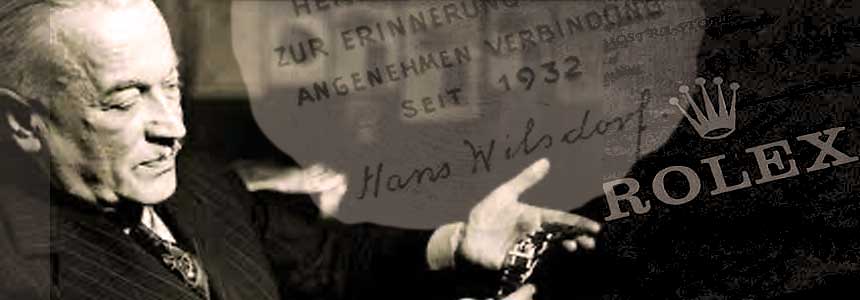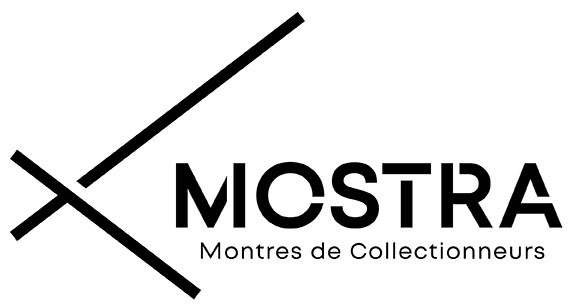
The great tendencies which modify the social context of the European industrialized countries at the end of the nineteenth century will lead to the regulation of work, to improve industrialization and will allow industry to develop rapidly. As a vector of hope for a better tomorrow, innovation and the extension of wealth by capillarity benefits the middle classes and improves the general European standard of living. The twentieth century opens with a period punctuated by the application of technical discoveries that will revolutionize the world. Rail transport, aviation, automobile mechanization, but also the extension of the domestic electrical network and the generalization of access to running water will allow industry to deconcentrate by allowing many workshops and craftsmen to exist independently. large companies.
This profusion of new entrepreneurs will benefit many sectors, watchmaking will not be left out... Watchmaking at the beginning of the 20th century was mainly made up of small workshops of independent craftsmen who subcontracted their production through opportunistic local alliances without taking into account the benefits of a Taylorization which nevertheless applies to many sectors. Hans Wilsdorf grasped this new mana very early on.
He will leave his native Bavaria, which gave him birth in 1881, to join in 1905 one of the high places of the world industrial and financial revolution, in the heart of the British Empire and its prosperous trading posts. This is where he will begin to build an empire that will allow him to shine in the world of watchmaking, a world of which he aims to become the king. It is moreover a crown that he will choose to adopt to symbolize his brand and give it the name of Rolex, a surname evoked by the power of the crown of the British Empire, which at that time shines on the world… a look back at an anecdote that he would recount many times a few years later and which would inspire him with the ambition to conquer the world of watchmaking.
.../...


